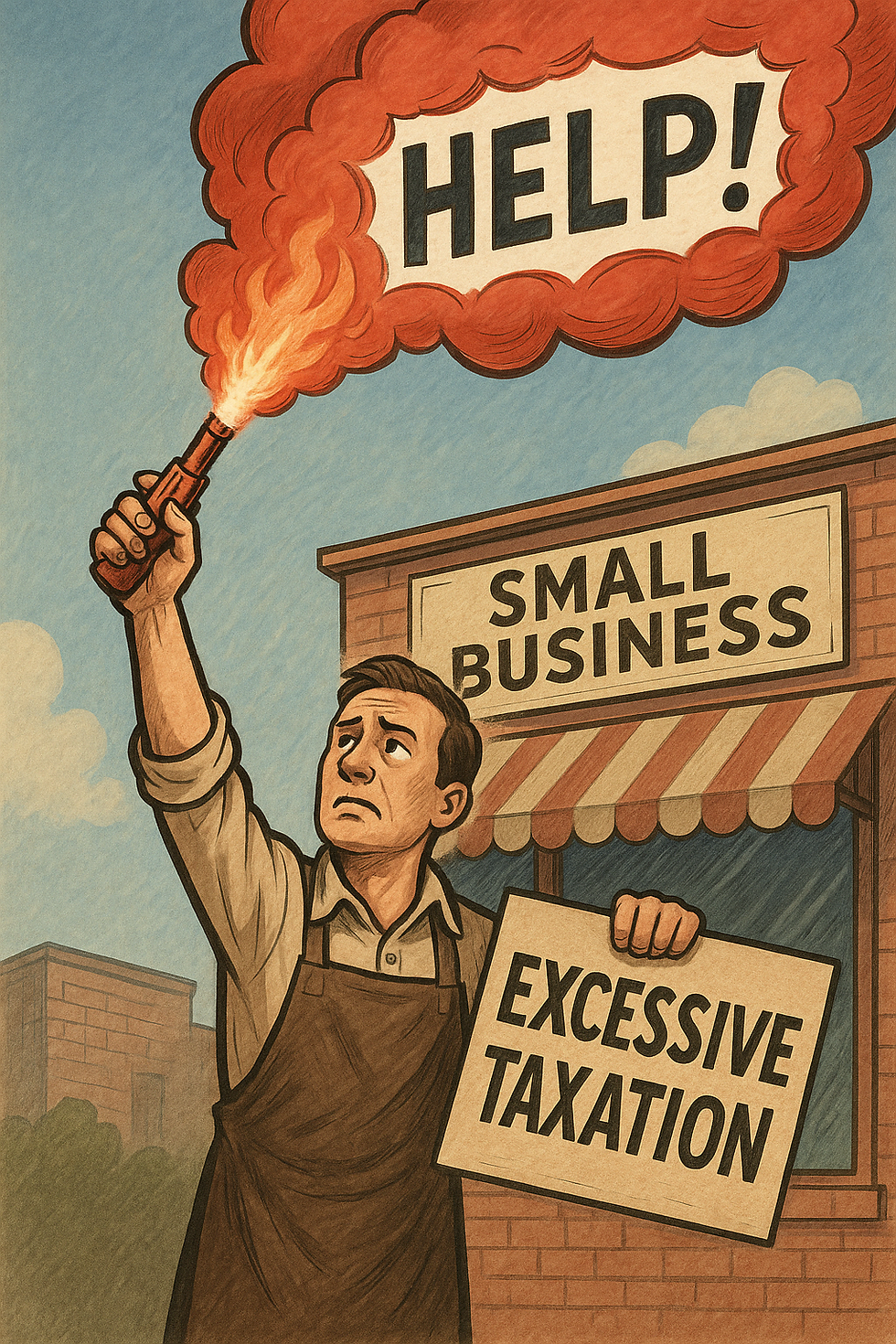Income tax ban ballot measure to be heard by Washington lawmakers
- Jason Mercier

- Feb 22, 2024
- 2 min read
The Washington Legislature will hold a public hearing on February 27 on a ballot measure signed by 448,158 voters to ban a state or local income tax. This number of signatures far exceeded the 324,516 that were required. Initiative 2111 “would prohibit the state, counties, cities, and other local jurisdictions from imposing or collecting income taxes, defined as having the same meaning as ‘gross income’ in the Internal Revenue Code.”
According to the Washington Policy Center (WPC), at least 28 local governments in Washington have already acted to adopt an income tax ban. WPC also reports that the state used to advertise no income tax as being a competitive advantage for Washington:
“Washington’s Department of Commerce has also long advertised no income tax as being a competitive advantage for the state. In fact, before the legislature adopted the obviously unconstitutional capital gains income tax last year, Commerce included this slide in its marketing material.”

Of course, Washington state now imposes a capital gains income tax after it was upheld in a surprising 7-2 state supreme court ruling last year. The fact that Washington now imposes an income tax on capital gains is reflected in the most recent state income tax map by the Tax Foundation.

Repealing that new capital gains income tax is the subject of another ballot measure (I-2109) that voters will consider this November. Unlike the planned action on I-2111, members of the legislative majority are refusing to hold public hearings on the proposal to repeal the capital gains income tax despite the state constitution saying that ballot measures submitted to the legislature “shall take precedence over all other measures in the legislature except appropriation bills and shall be either enacted or rejected without change or amendment by the legislature before the end of such regular session.”
According to Washington’s Secretary of State, voters have overwhelmingly rejected an income tax the last 10 straight times it was on the ballot.
Those wishing to provide comments concerning I-2111 for the February 27 public hearing can submit written comments here or register for in-person/remote testimony here.







Comments